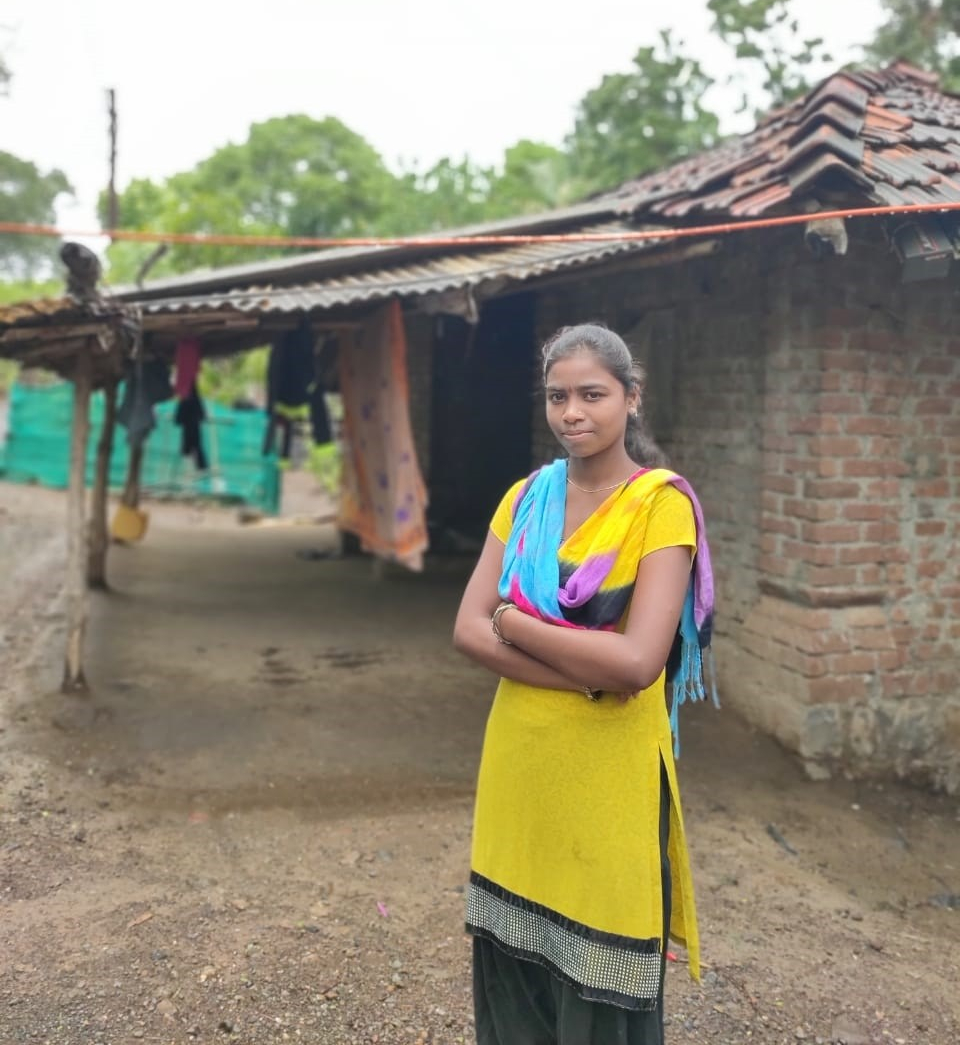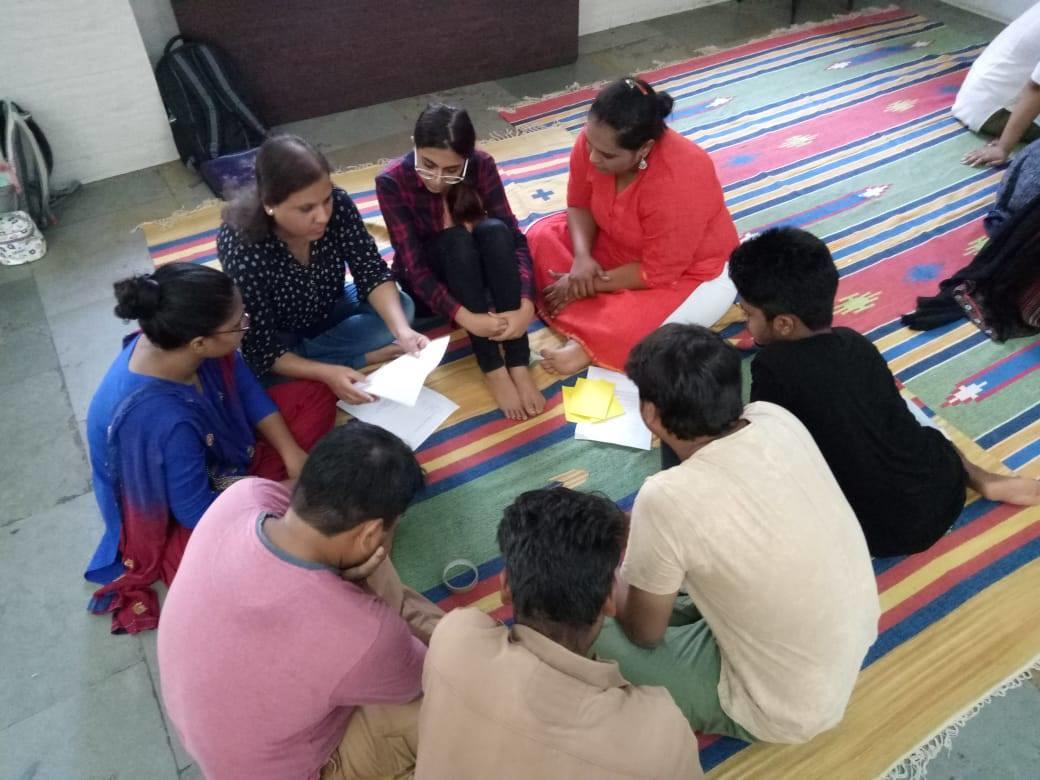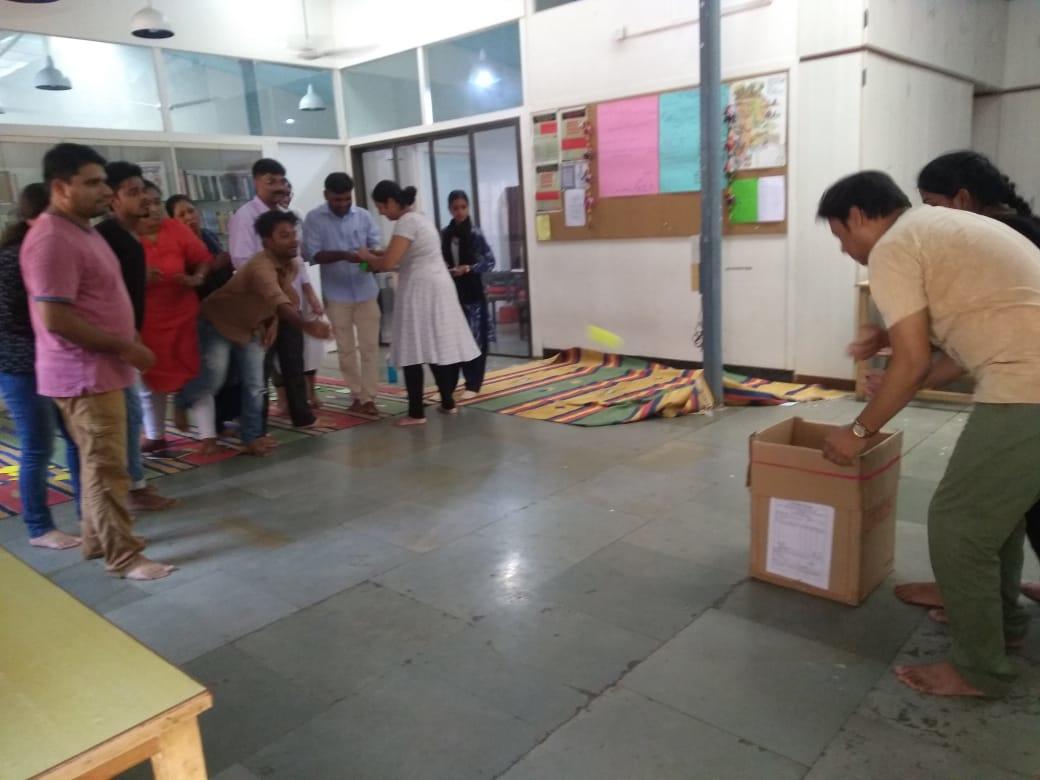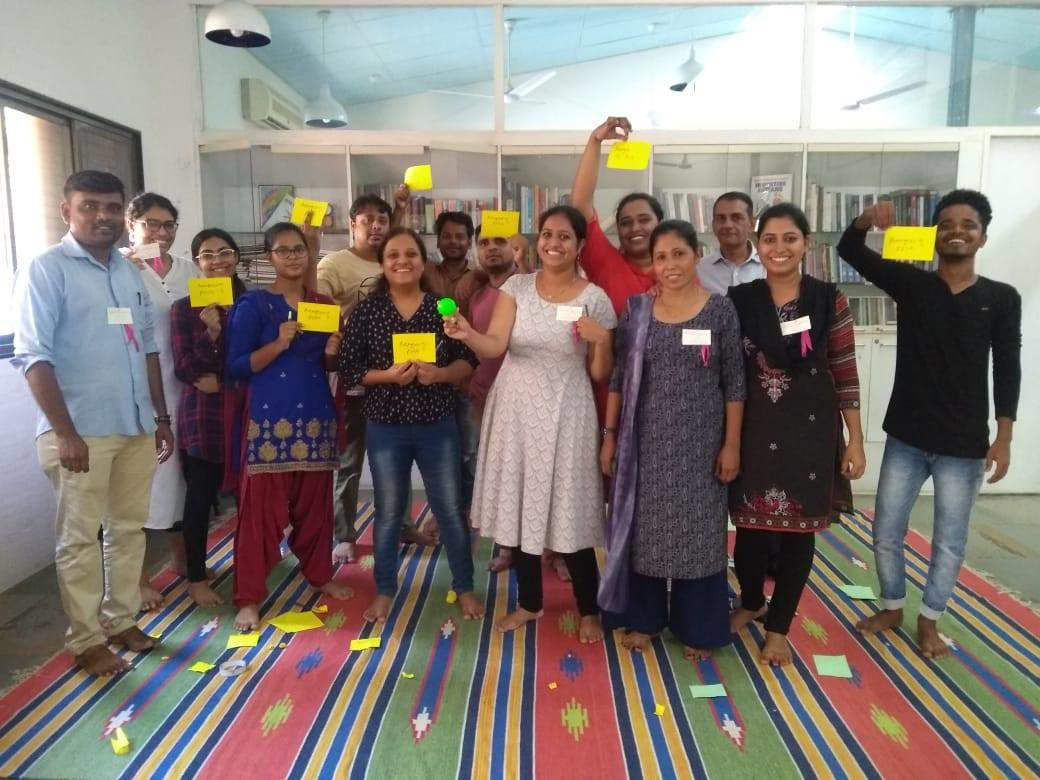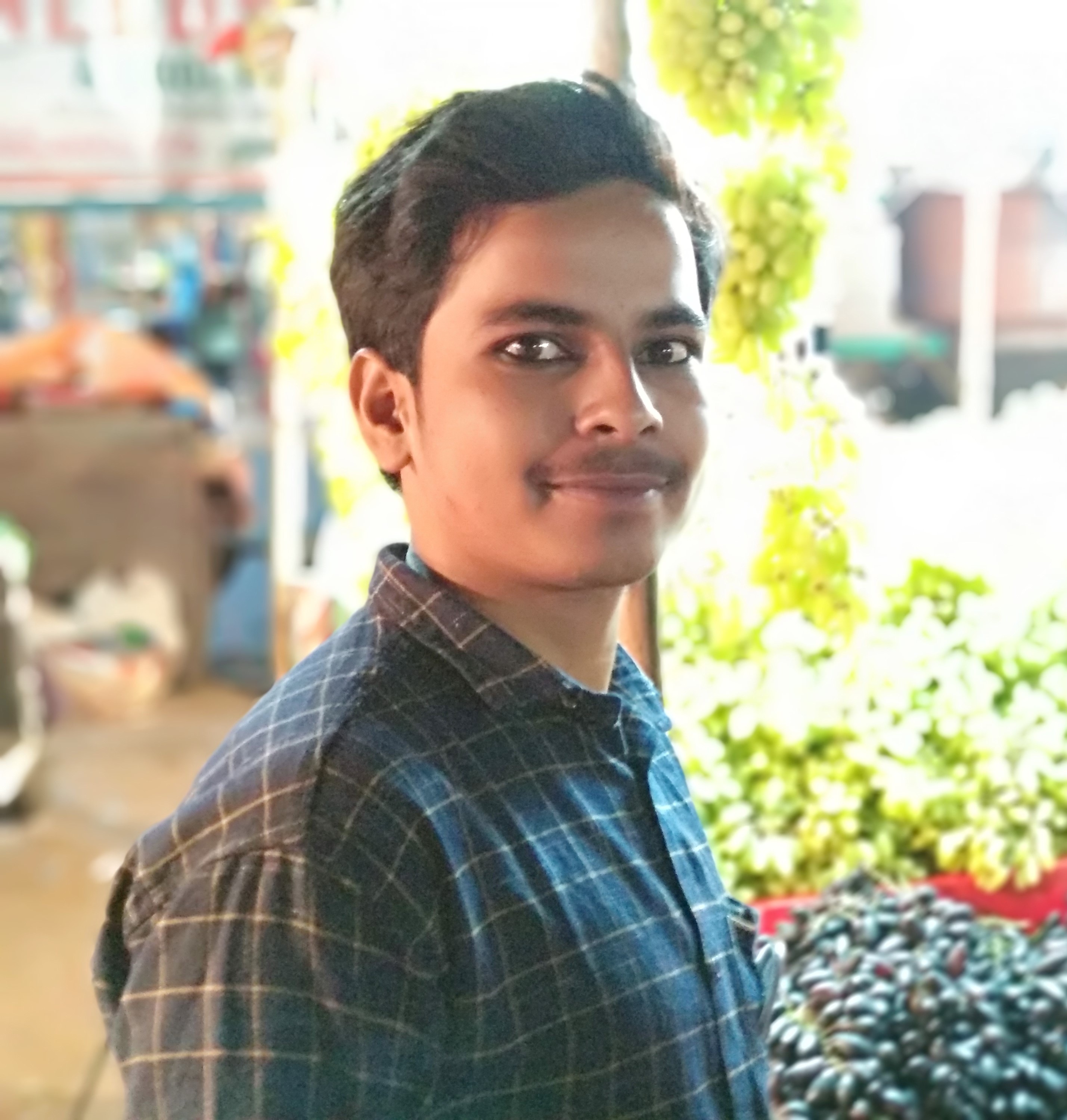Like all of us, Paras Naik has dreams and aspirations. He is a soft-spoken young man, but his words exude confidence and maturity. There is a certain calmness with which thoughts are articulated, and a kind generosity in the way he tells his stories – where his friends enjoy the limelight. Or maybe those are the kind of stories he likes to tell. And today, when so much of our daily consumption is overwhelmingly about ‘me, myself and I’, this quality of Paras stands out.
“I enjoy reading books of history and listening to Marathi classical music – it’s called Natya Sangeet. I want to become an IPS officer and attempt to change the mindsets of people who think all cops are corrupt. My dream is to work in areas of conflict where many officers hesitate to be posted because the experience would be life-changing for me.”
A student of Guru Nanak Khalsa College, Paras came on board the ‘Youth Leaders as Change Makers’ project in 2017. When he heard about the fellowship, Paras thought he would be doing research in the field of Science. Because he was studying Humanities, simultaneously pursuing a course of this nature seemed like a good idea to him.
Of course, later on, he understood the scope of the fellowship and its uniqueness that was rooted in the effective use of CBPAR (Community-Based Participatory Action Research) as a tool to study social realities. And this scientific approach of uncovering the truth greatly appealed to him. He reminisces about the residential orientation workshop in Kharghar: “I didn’t know what to expect. But the workshop gave us a taste of the fellowship and a sense of where we were headed. We watched a film called India Untouched that really opened my eyes to the injustices in our country. We live in bubbles and our opinions are formed by very superficial factors – we don’t look at things holistically I believe the film was a very effective and powerful way of bringing closure to our debate of reservation which started at the workshop.”
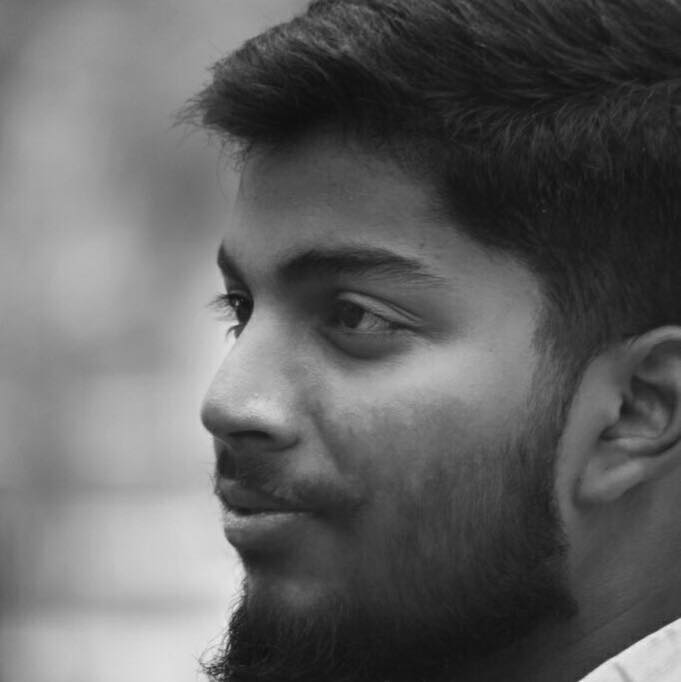
Throughout the fellowship, there were many such turning points and moments of extensive learning for Paras. His group, Innovations, comprised seven Muslim members and himself, a Hindu. They decided to explore Muslim perspectives on the triple-talaq verdict. “Some of our group members were initially hesitant because the topic was definitely sensitive in nature and studying it would mean doing a deep-dive – what if family members didn’t approve? But we zeroed down on it after several group meetings and discussions with our facilitators. And in hindsight, it was a great decision – it was an education for me in Islam.”
A crucial learning for Paras was also the respect he cultivated for his friends’ religious practices. During Ramadan, he would make it a point to not carry his lunch to the group meetings and eat only when his friends broke their fast in the evenings. And there was no proclamation of ‘religious tolerance’ anywhere. It was all very organic and for that reason, very beautiful. Paras acknowledges PUKAR’s role in this process: “I got this opportunity because I was a part of the Youth Fellowship. I learned about Islam from such close quarters.”
Paras says that the fellowship has taught him to dig beneath the surface. “Our facilitator told us how some messages that are circulated online are fake. And how we can check the veracity of these messages. An important lesson for me has been never to accept a one-dimensional version of an issue. We were always encouraged to listen to multiple perspectives. Through our interactions with Islamic scholars and other experts in the course of our study, we came across aspects of the story that the media may not have covered. At every step, we were forced to think, and as a result, so much new information came to light. Plus I have developed the skills to interact with different entities.”
Finally, when Paras is asked what he likes most about the fellowship, he says: “CBPAR is PUKAR’s strength. PUKAR’s Youth Fellowship should never stop. And I hope many more fellows come out of the program with the capabilities and desire to be good citizens. The problems of the world are far from over but PUKAR’s Youth Fellowship is an attempt to find some answers.”
Paras Naik was a fellow from 2017-2018 as part of ‘Youth Leaders as Change Makers’, a collaboration between PUKAR, Guru Nanak Khalsa College, and Gunvati J. Kapoor Medical Charitable Relief Foundation. He is currently pursuing his B.A from Guru Nanak Khalsa College.
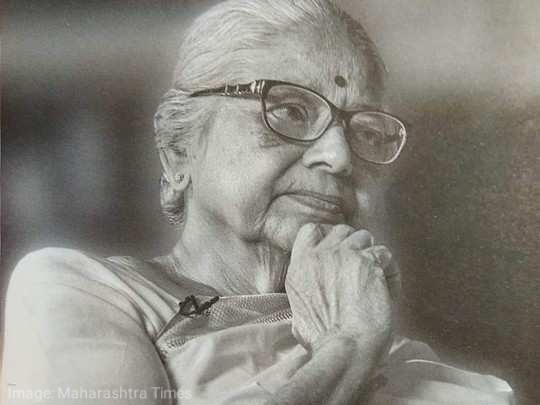
🏿
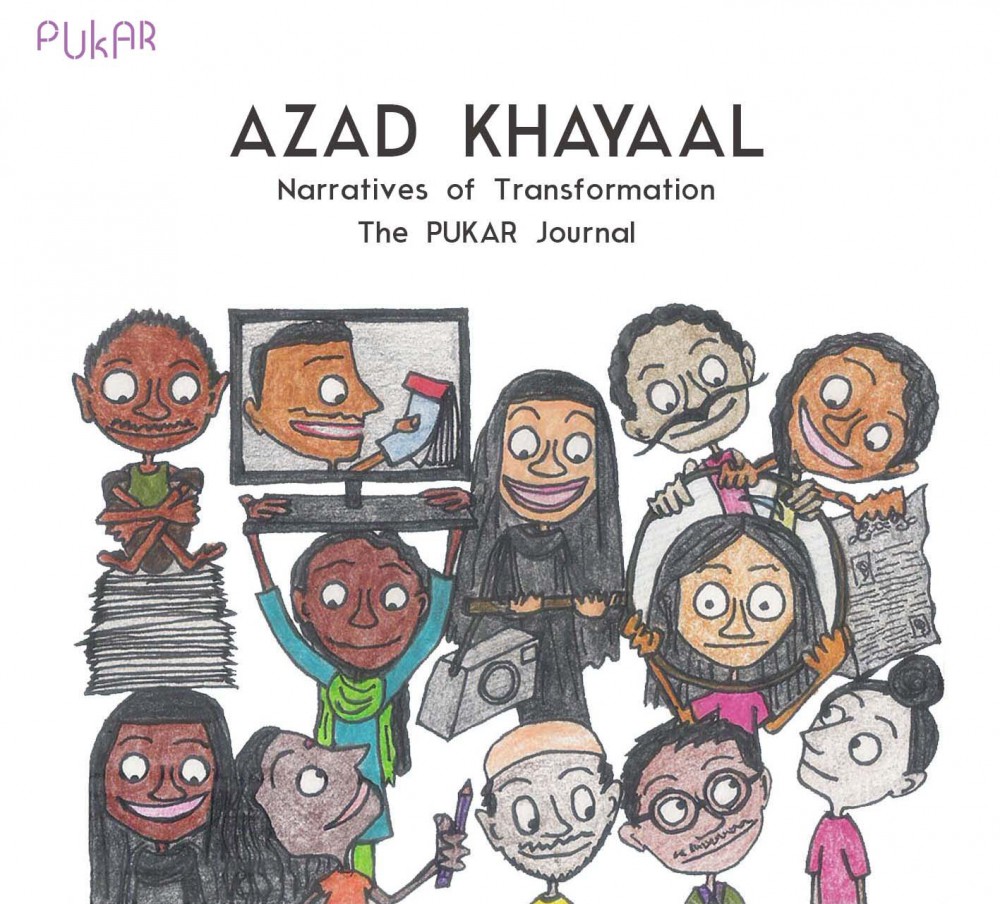
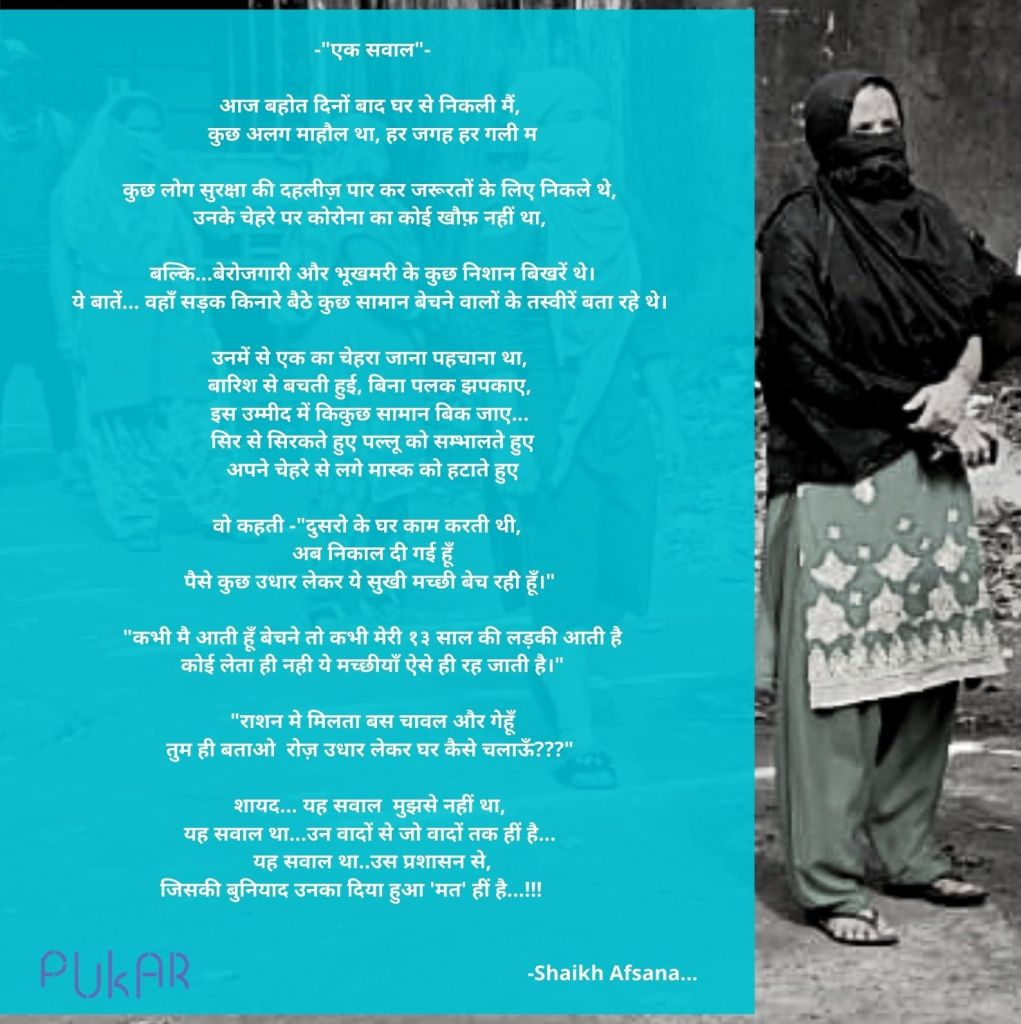
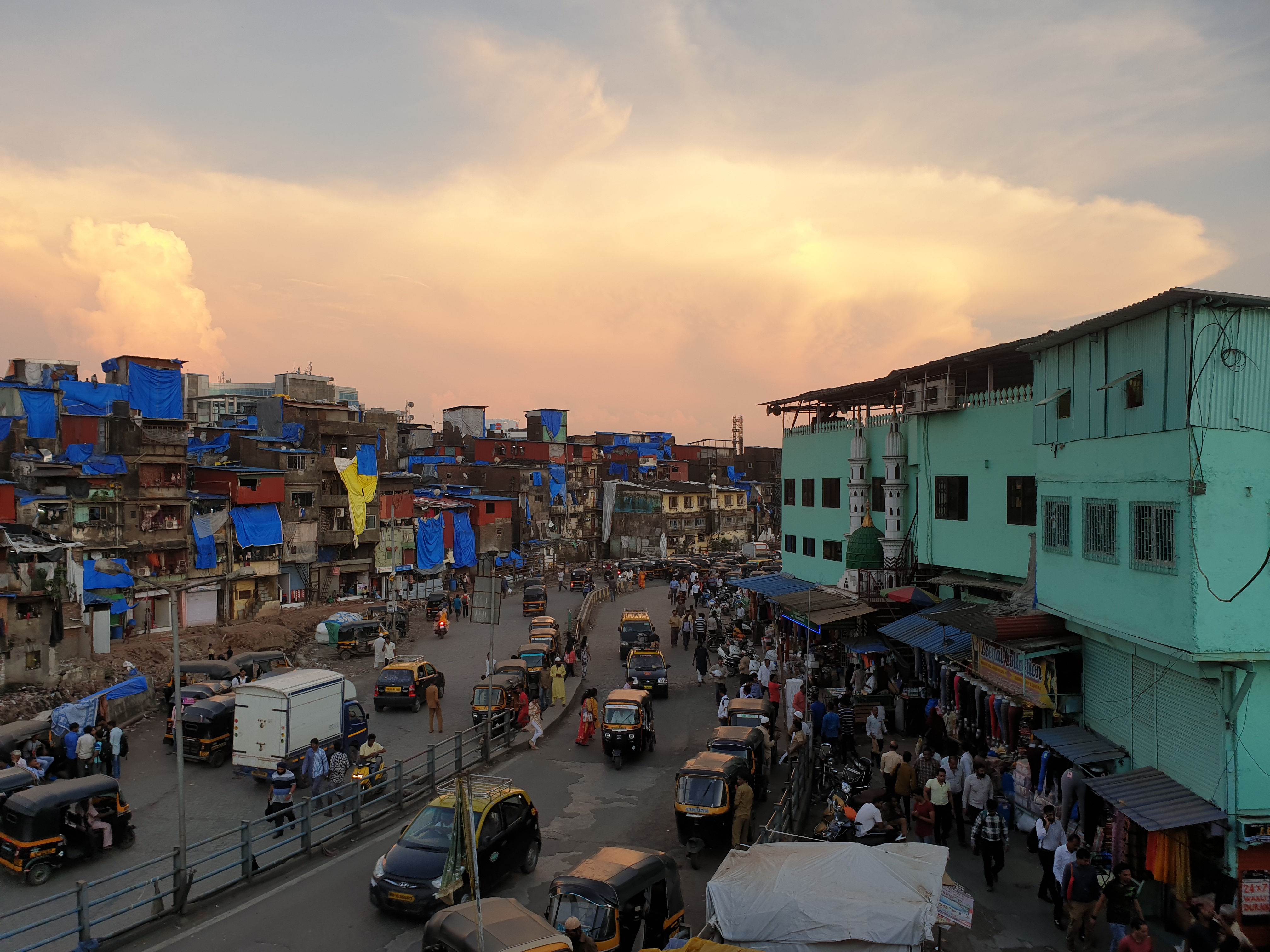
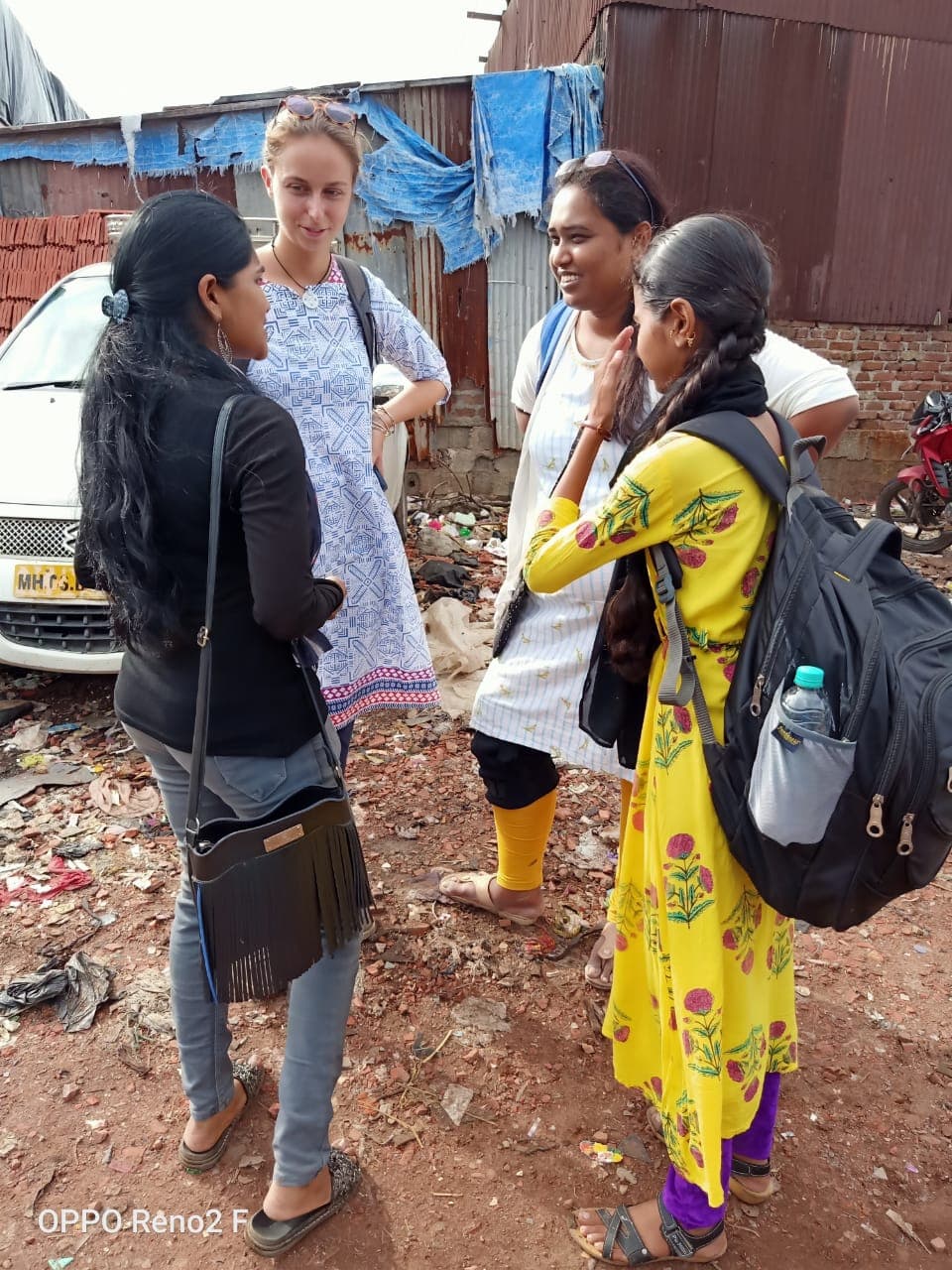
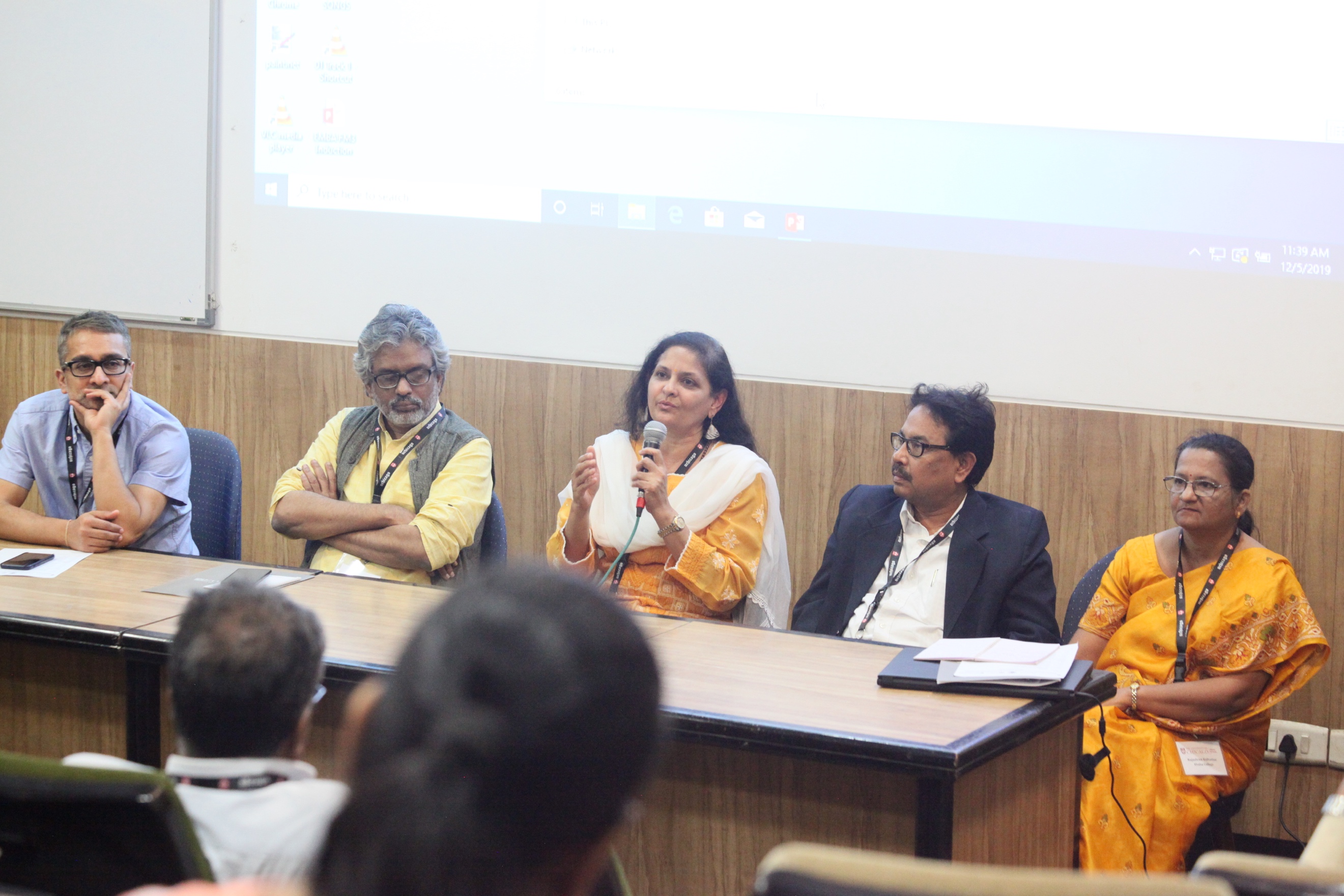
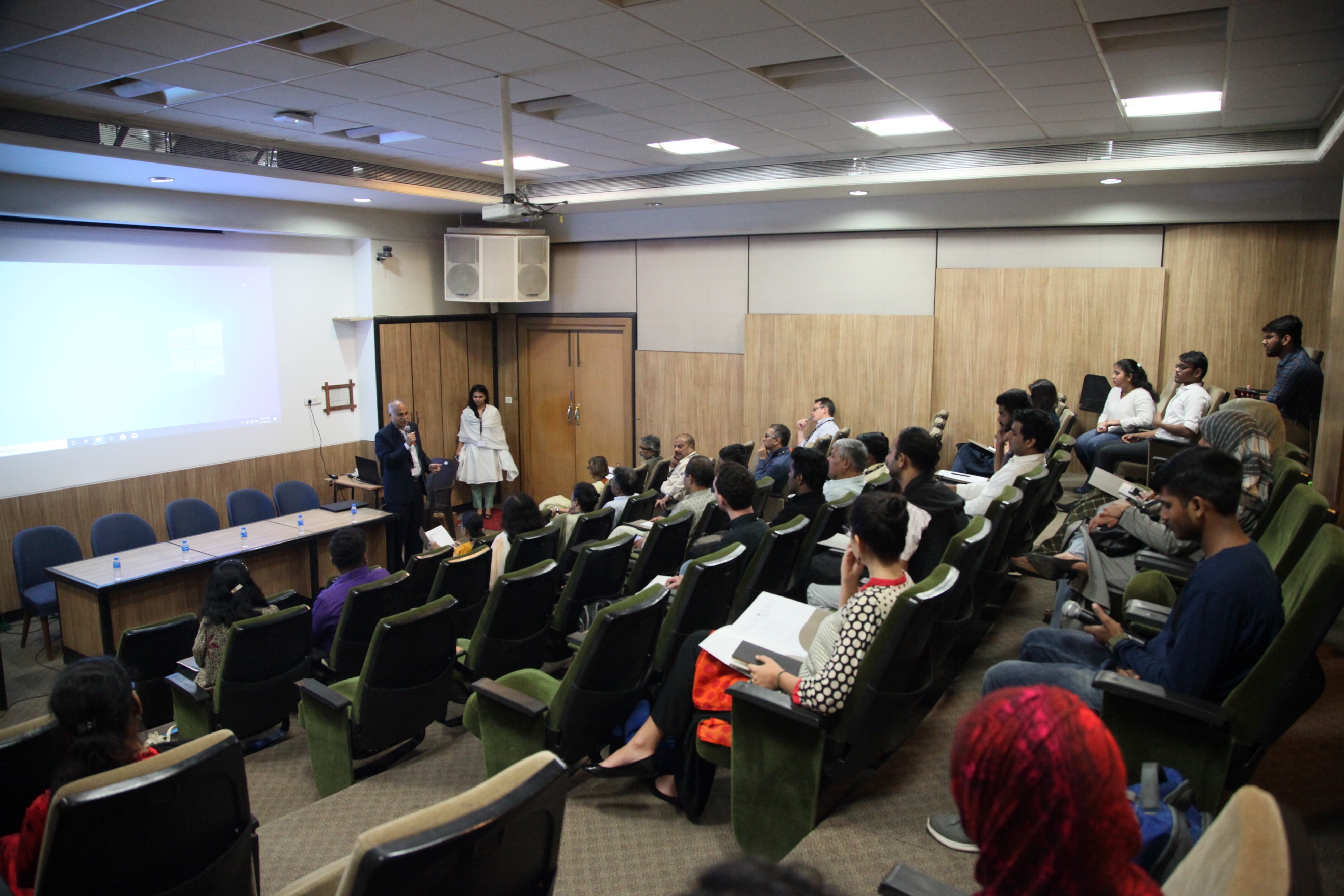
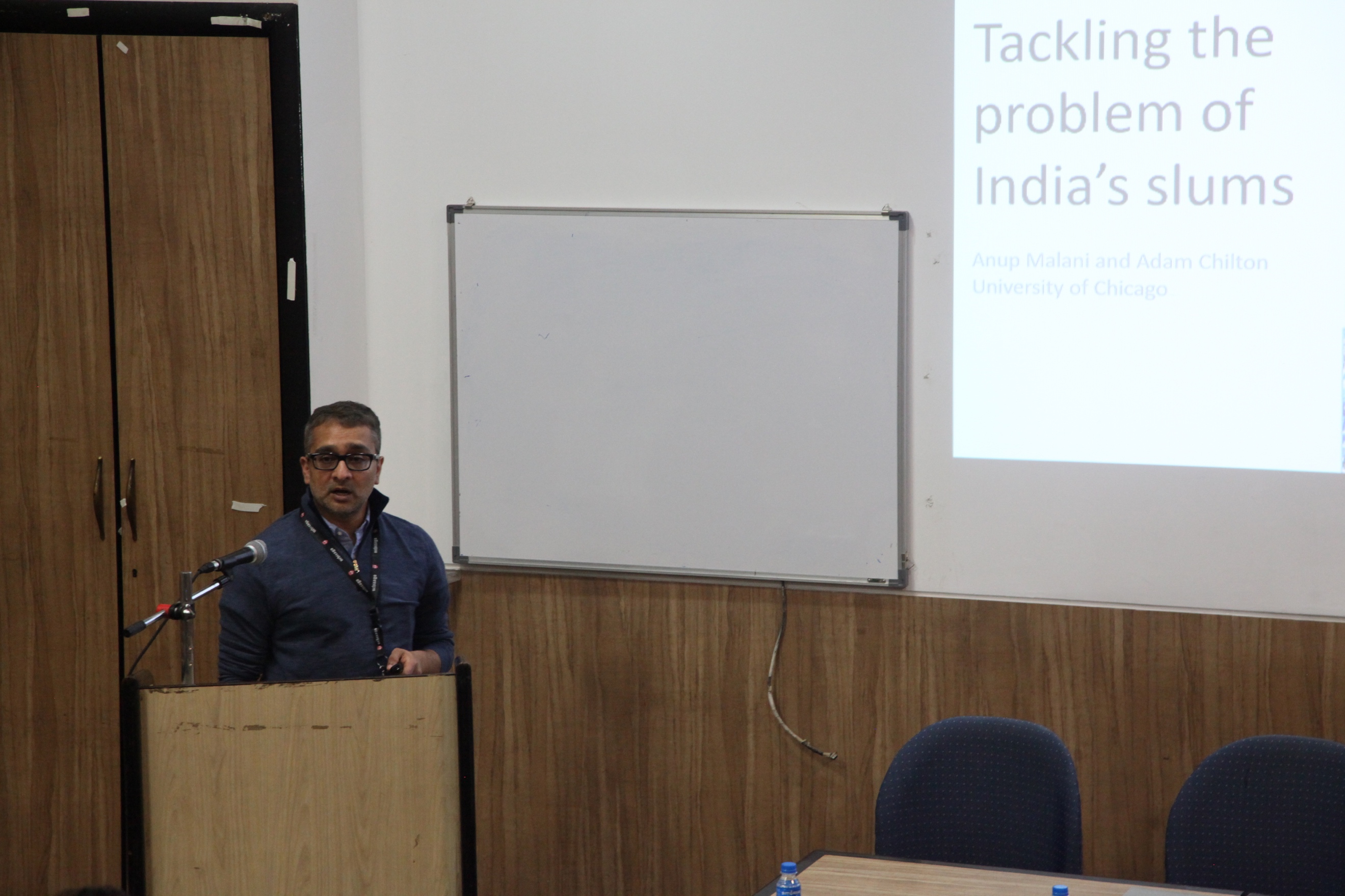
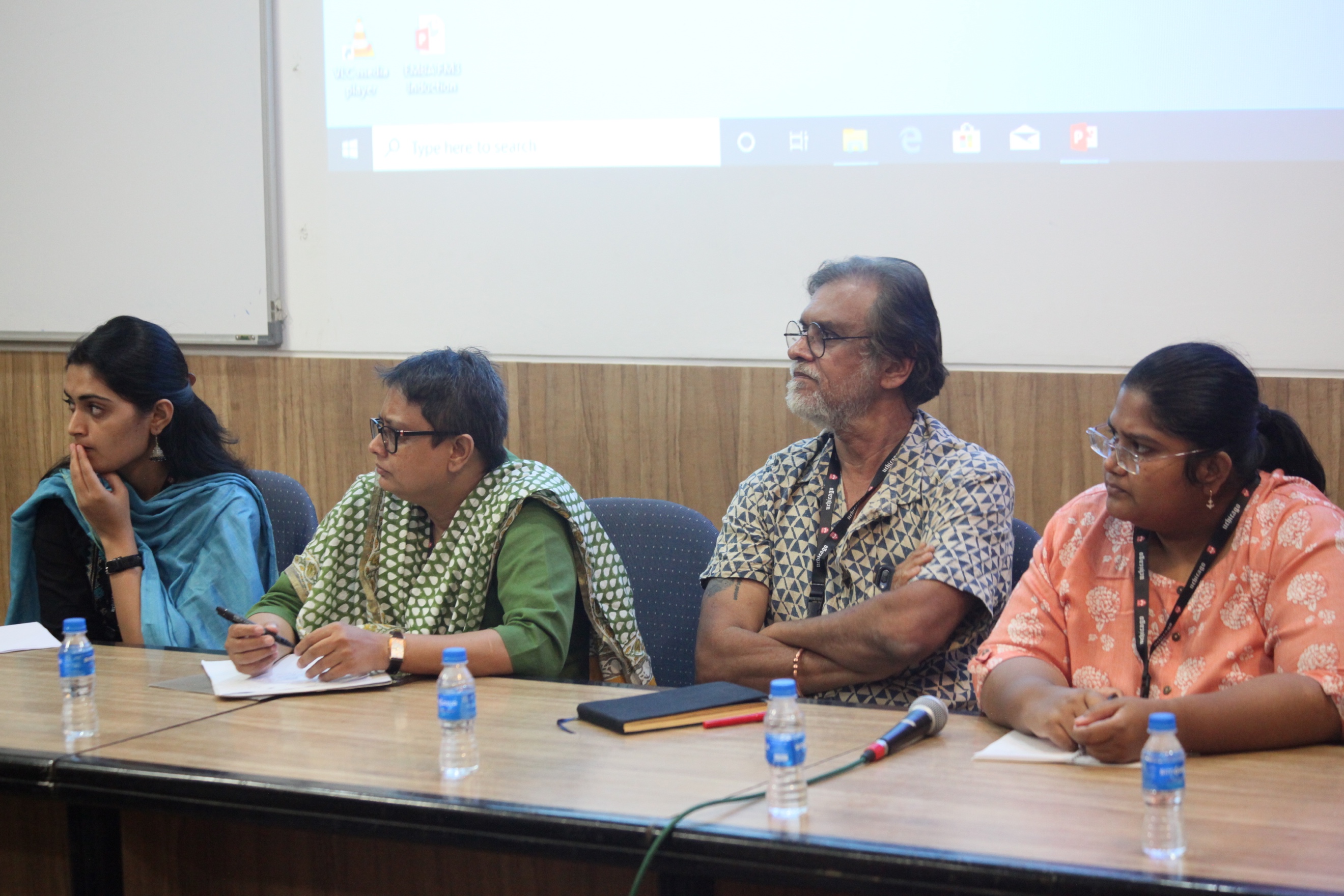
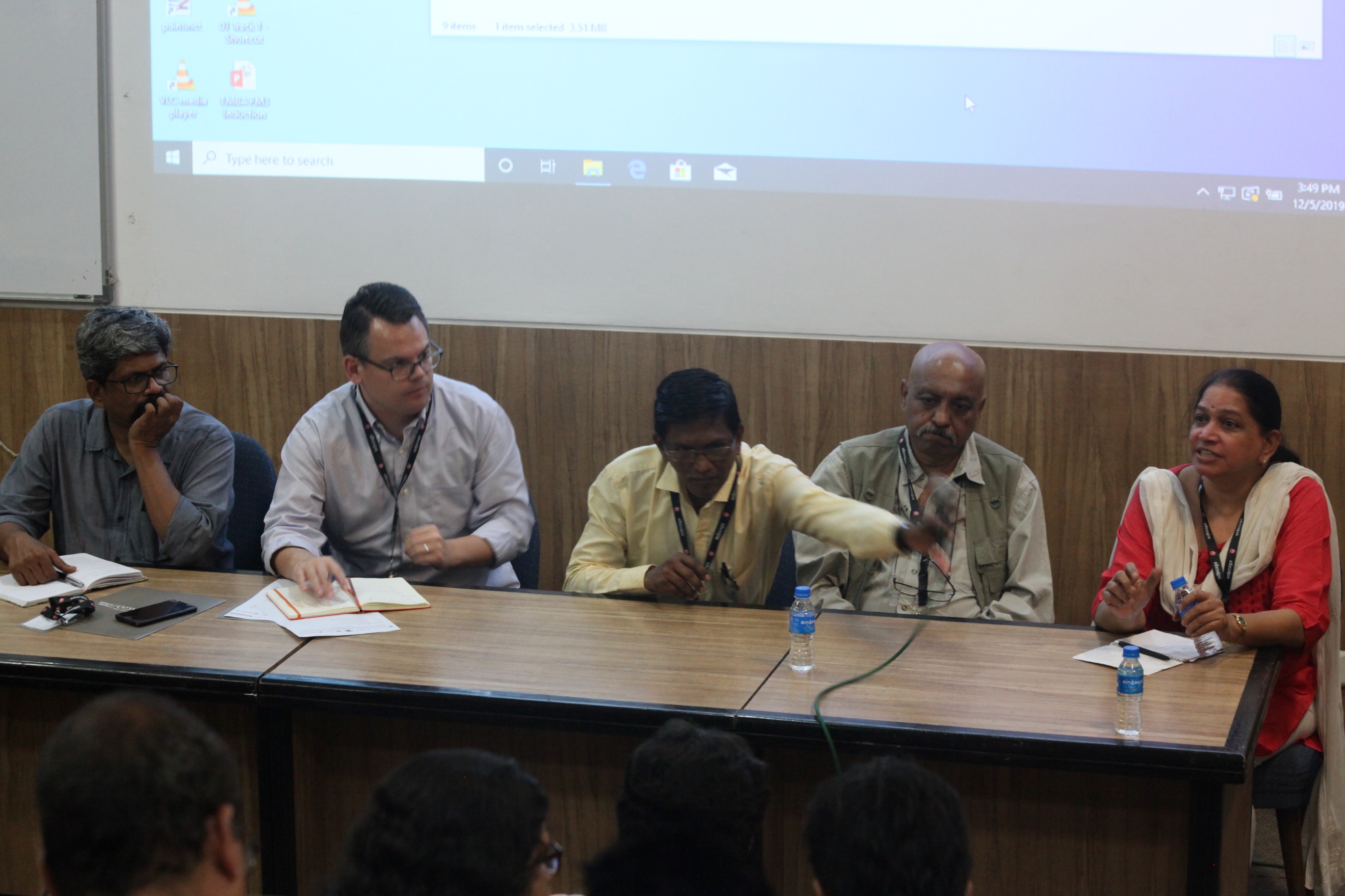
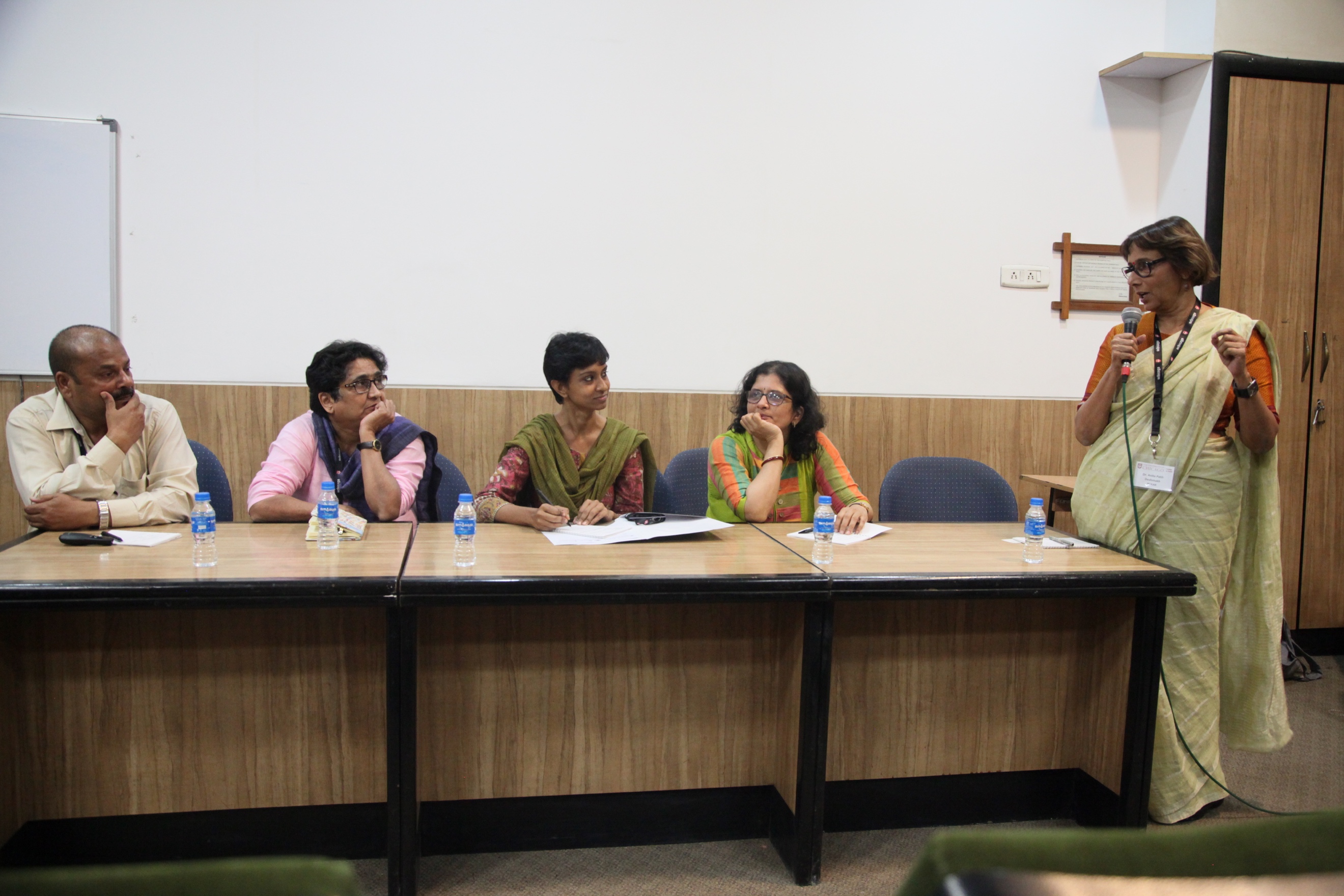
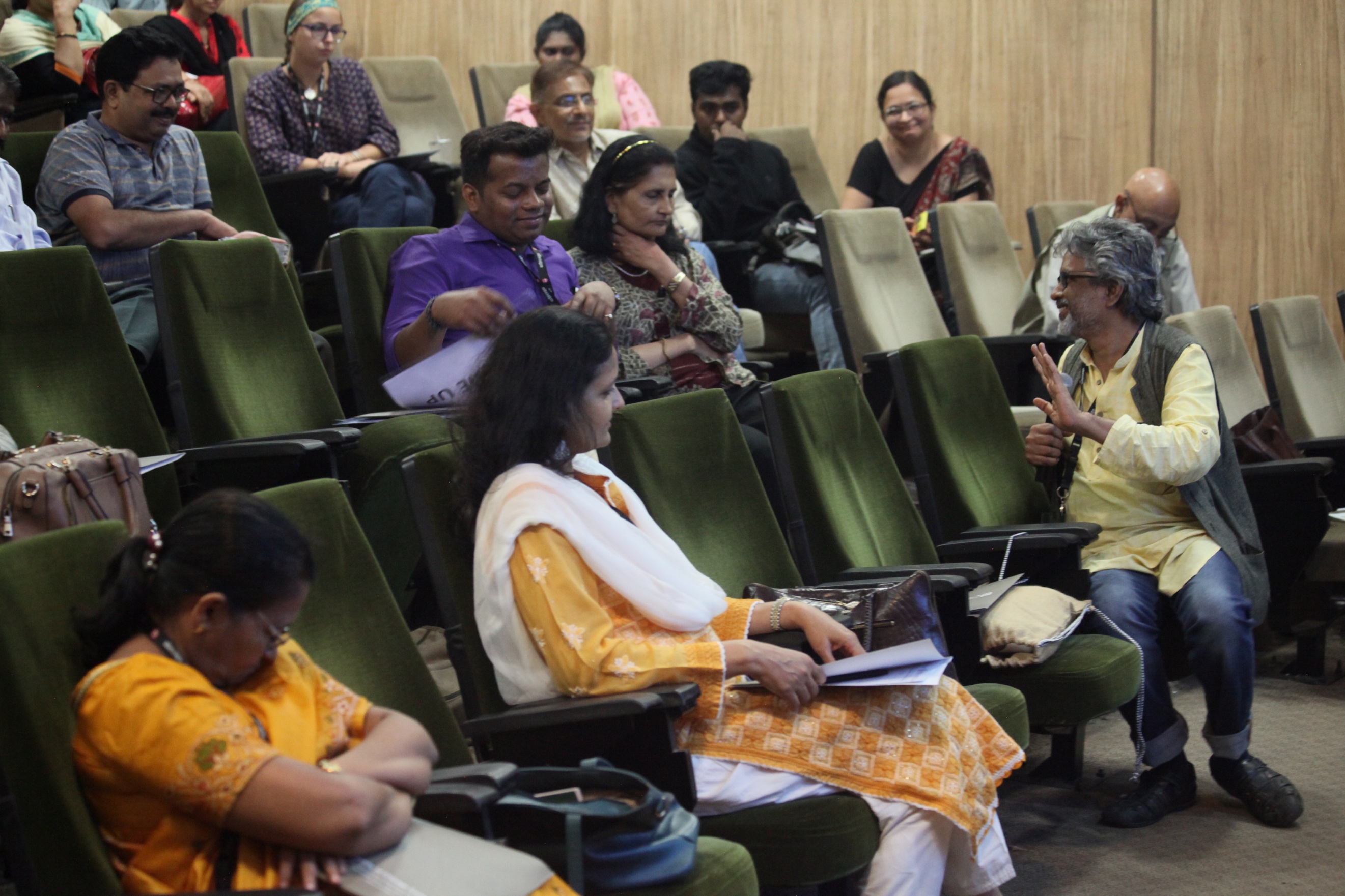
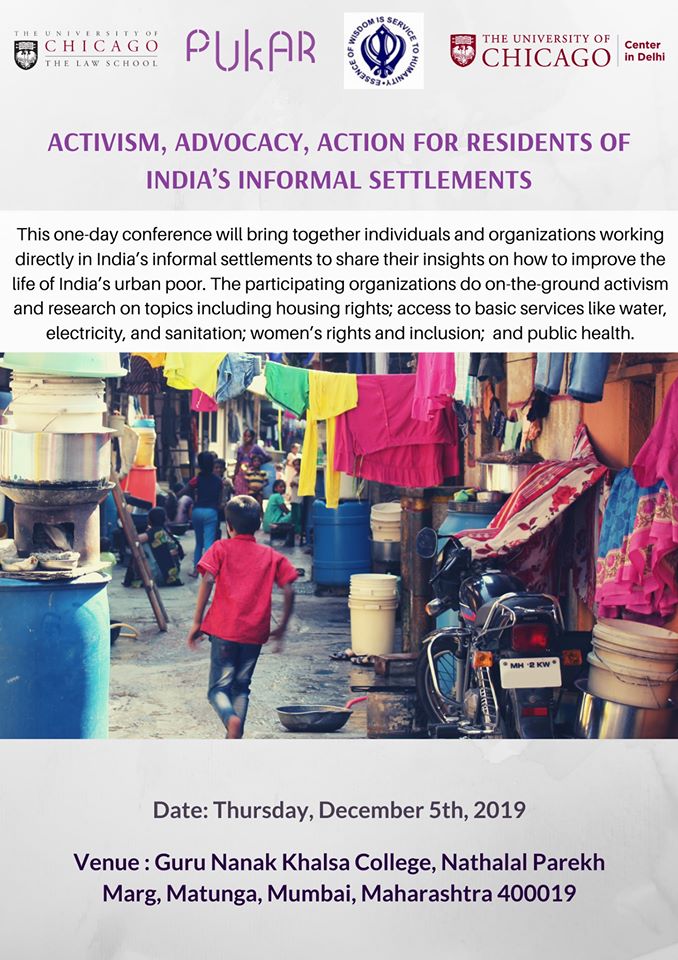
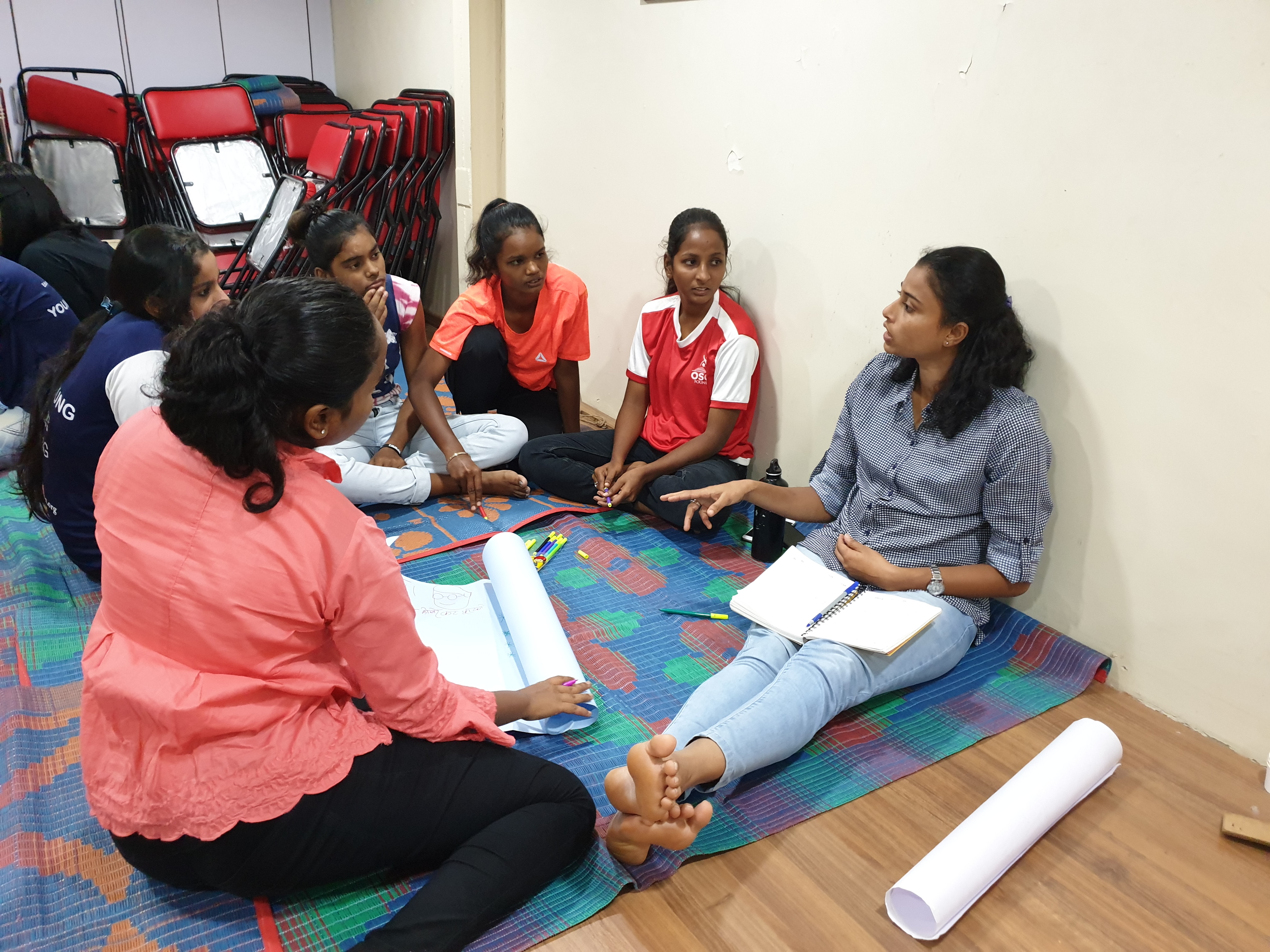
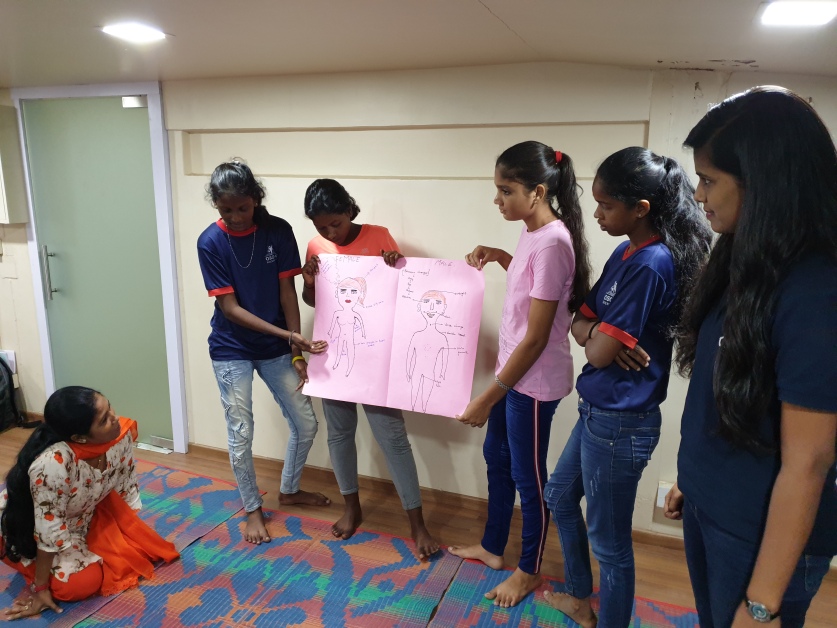
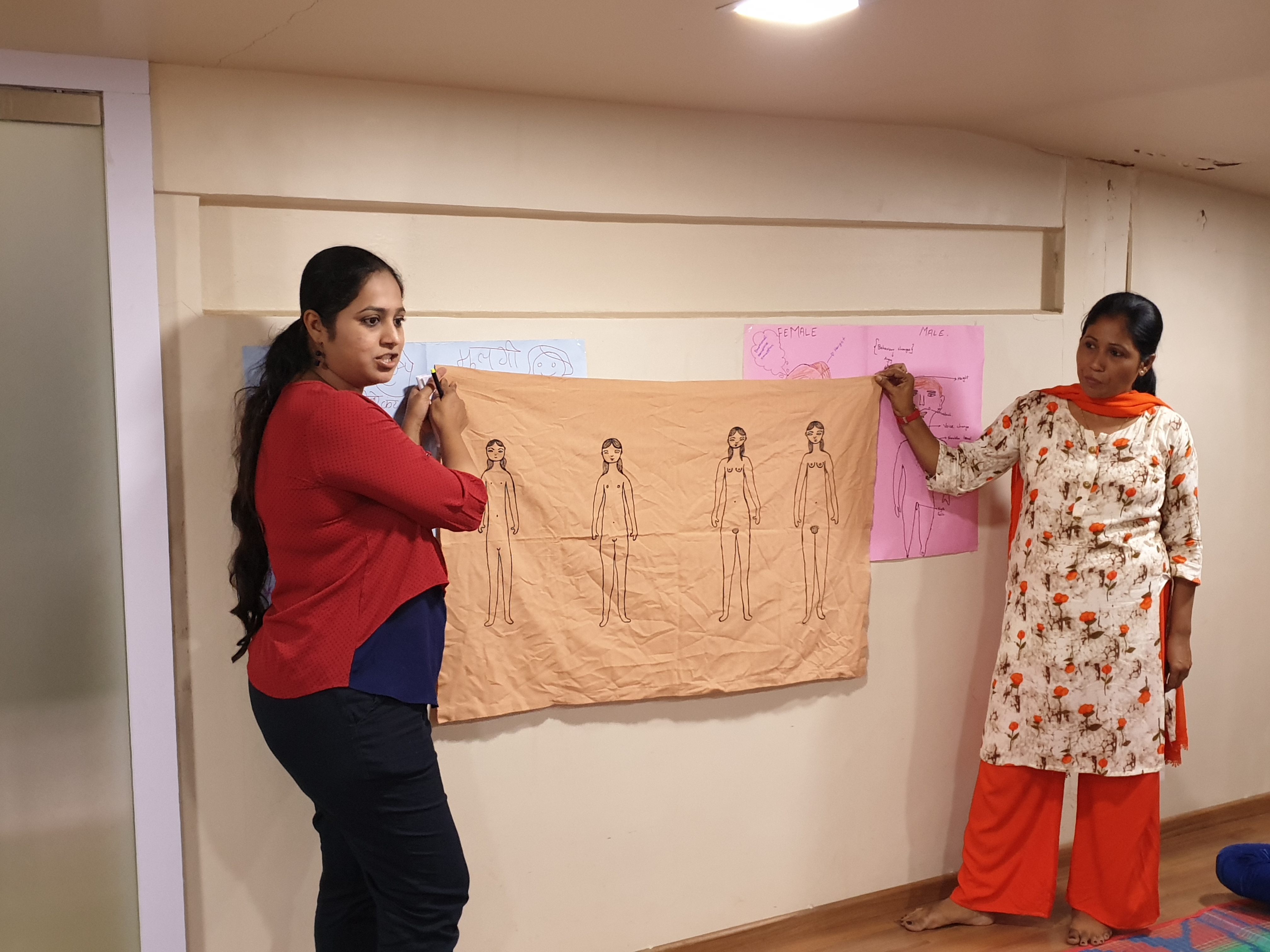 On August 31, 2019, Tejal – JTD senior programme officer – and Sheeba – project facilitator – went to OSCAR Foundation’s office in the neighbourhood of Fort to conduct the second training session of the six-month programme, focusing on pubertal changes. As a newly arrived intern at PUKAR, I accompanied Tejal and Sheeba as I wanted to experience on the field how the JTD Team delivers its successful programme. Throughout the day, the enthusiastic and curious adolescent girls took active part in workshops and discussions on the complex physical and emotional changes occurring during puberty for both girls and boys. Thanks to the JTD team, the girls felt comfortable voicing their difficulties, concerns and doubts on issues considered taboo. This training also helped thwart misconceptions about puberty, often influenced by gender stereotypes, such as: “girls become more sensitive and boys become more aggressive during puberty”. By the end of the day, the adolescent girls could understand the physical and emotional changes occurring during puberty and thus felt more confident to spread knowledge and awareness among younger girls and their communities .
On August 31, 2019, Tejal – JTD senior programme officer – and Sheeba – project facilitator – went to OSCAR Foundation’s office in the neighbourhood of Fort to conduct the second training session of the six-month programme, focusing on pubertal changes. As a newly arrived intern at PUKAR, I accompanied Tejal and Sheeba as I wanted to experience on the field how the JTD Team delivers its successful programme. Throughout the day, the enthusiastic and curious adolescent girls took active part in workshops and discussions on the complex physical and emotional changes occurring during puberty for both girls and boys. Thanks to the JTD team, the girls felt comfortable voicing their difficulties, concerns and doubts on issues considered taboo. This training also helped thwart misconceptions about puberty, often influenced by gender stereotypes, such as: “girls become more sensitive and boys become more aggressive during puberty”. By the end of the day, the adolescent girls could understand the physical and emotional changes occurring during puberty and thus felt more confident to spread knowledge and awareness among younger girls and their communities .